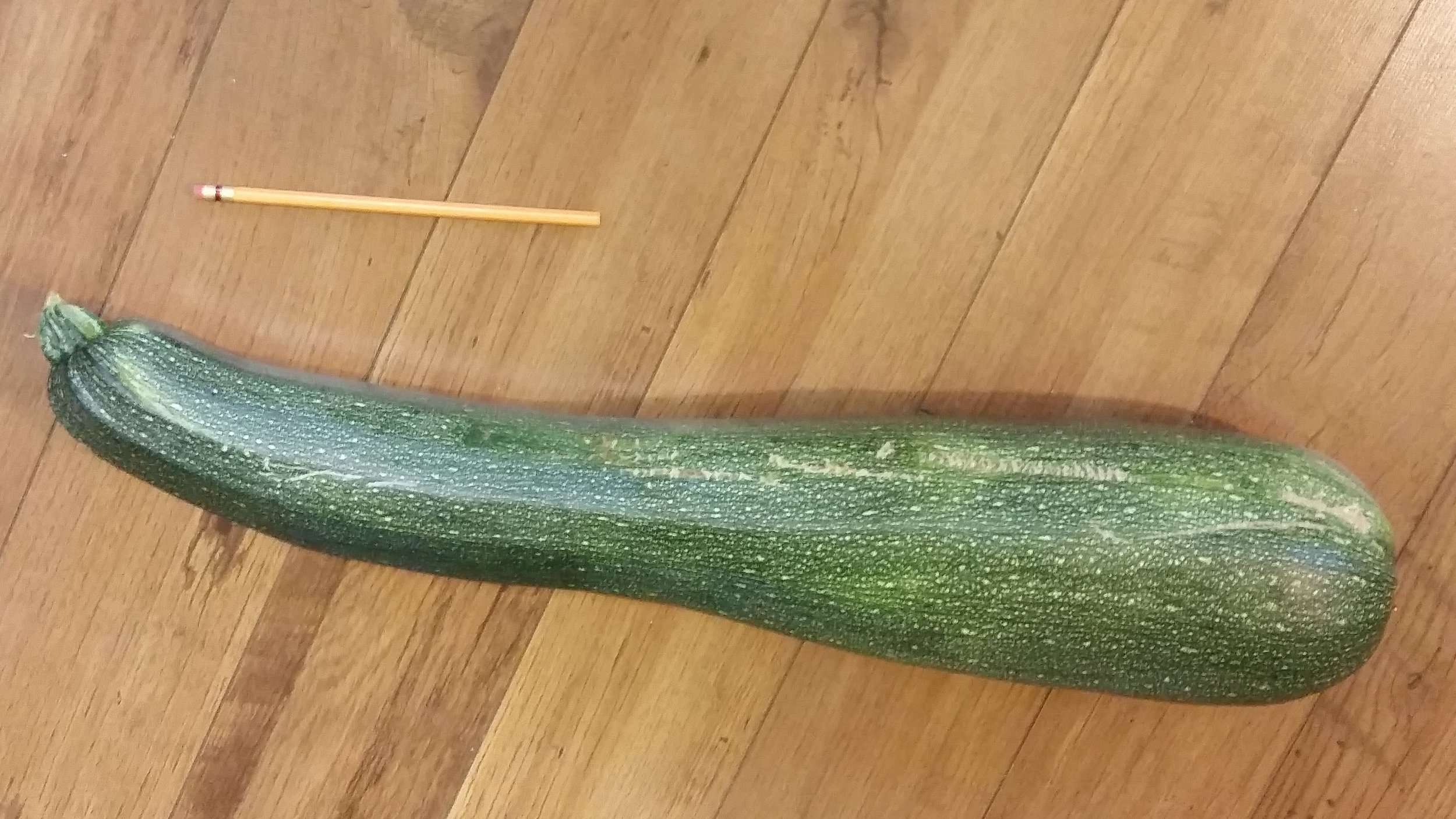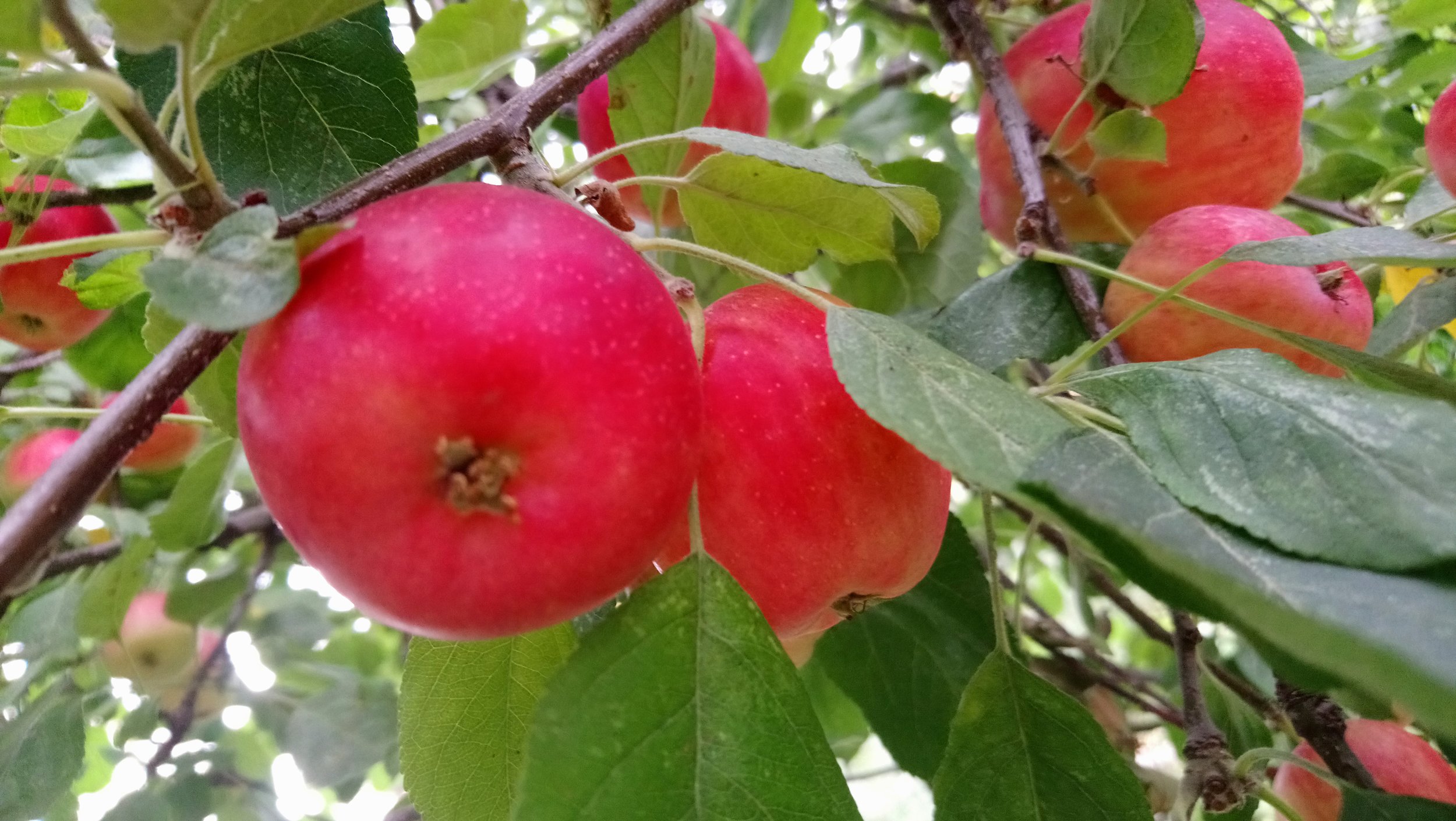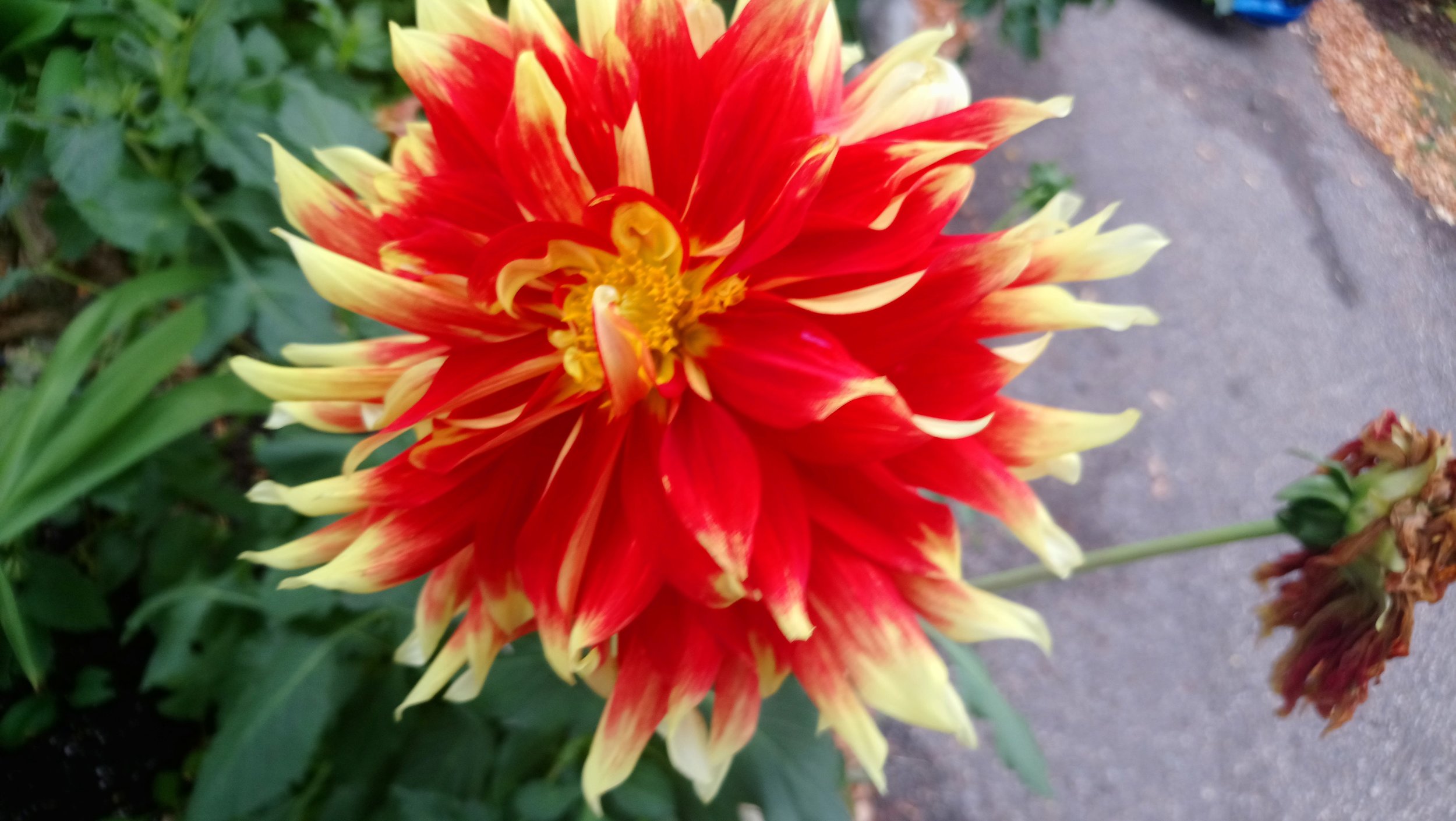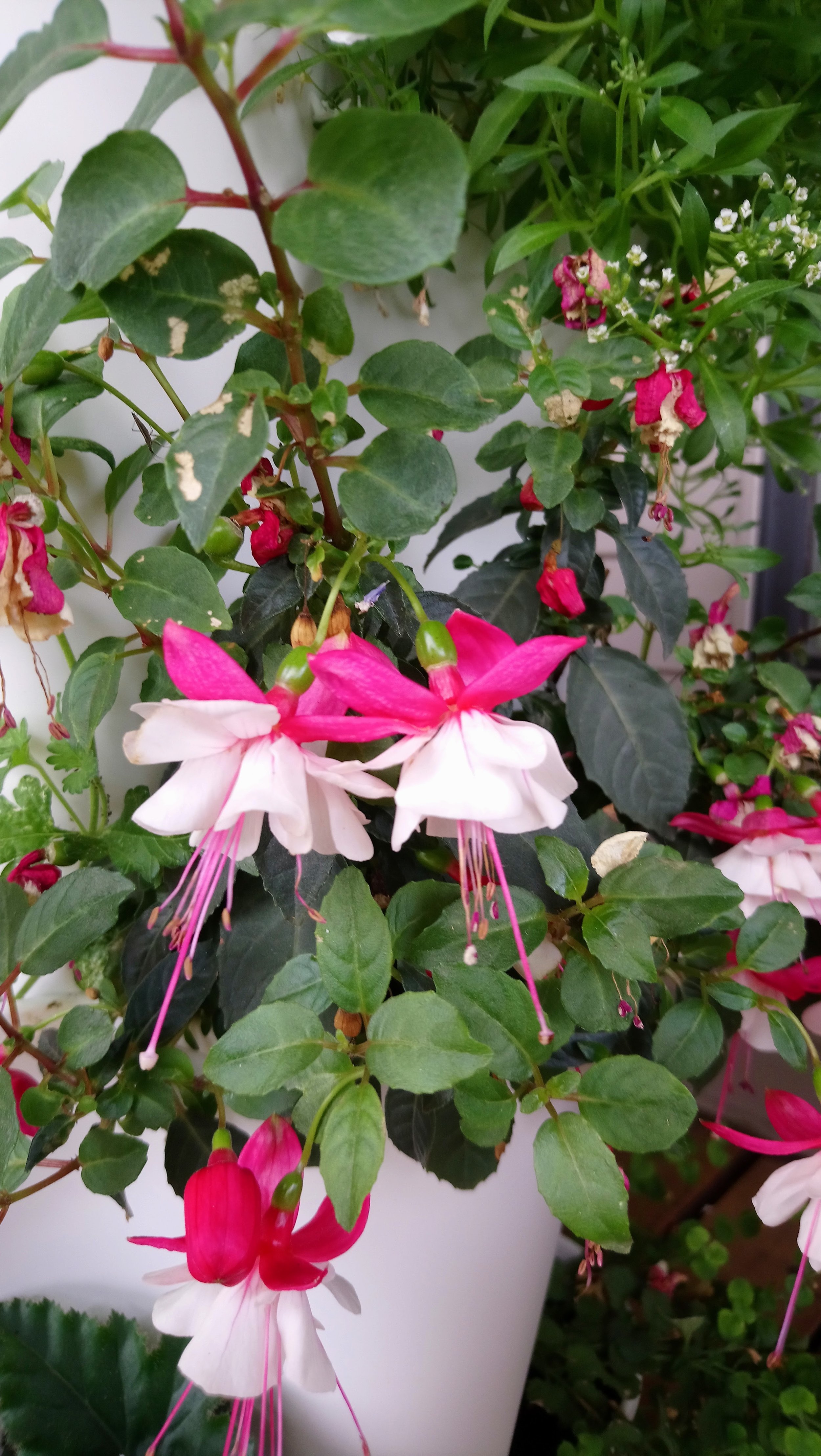Submitted by Debbie Willis, on behalf of the Grounds Committee
I have been reading a hugely informative book called Breath, by James Nestor, about the importance of correct breathing for our mental, emotional and physical health. This book inspired me to investigate how our environment affects our ability to breathe in a healthy way, and the possibility that permaculture at the co-op might improve our air at Sunnyhill Co-op. This feels particularly relevant as Alberta is now on the precipice of a third wave of Covid-19 and we are all concerned about the health of our respiratory systems.
The effects of air pollution:
According to the World Health Organization, a reduction in air pollution – in particular, four key pollutants: particulate matter, ozone, nitrogen dioxide, and sulfur dioxide – would help cut rates of stroke, lung cancer, asthma, heart disease, and respiratory disease. Small particles get absorbed straight through the lungs into the blood and are responsible for chronic effects including cardiovascular disease, according to respiratory physician Louis Irving. He goes on to say that large particles lodge in the lung and can cause effects such as cancer, asthma, and chronic respiratory disease. (Source: permaculturenews.org)
Air pollution is particularly damaging to children and young people. The negative impacts of air pollution on a young person can affect everything from environmental allergies to breathing issues such as asthma, to a child’s body mass index, according to researchers at the University of Calgary. At least one study showed that cognitive development was less in children that went to schools in areas with high traffic-related pollution, said Stefania Bertazzon and Rizwan Shahid of the Geography of Health and GIS Analysis research group at the O’Brien Institute for Public Health in the Cumming School of Medicine. (Source: Global News, 2016.)
Pollution solution:
But here's the good news! Though we live near downtown and Memorial Drive, putting us at risk for air pollution, we can mitigate this effect by increasing the tree cover and diversity of our green space.
According to research into urban food forests developed in Peterboro Ontario, there are many advantages to permaculture and polyculture green spaces when it comes to air pollution. It is well documented that plants can take up gaseous pollutants, as well as reducing particulate matter suspended in the air, which sticks to plant surfaces (Currie and Bass, 2008). Some of the particulates are absorbed into the plant, although most of them just stick to the surface and are washed away by rainwater to the soil below (Currie and Bass, 2008). This prevents us from breathing them into our lungs.
Urban trees and other vegetation can also reduce contaminants making it to water bodies, such as rivers (Smith et al., 2013). Plants can prevent sediment, as well as other contaminant loading of rivers (such as nitrogen, phosphorus, and other pollutants) (Smith et al., 2013). As a community located close to the river that is also our drinking-water source, this could be a Calgary-wide advantage to permaculture development at our co-op.
One of the beautiful and most important aspects of permaculture is that, unlike typical agriculture, it embraces the planting and tending of trees—and trees are pollution-absorbing powerhouses! According to the USDA Forest Service, tree transpiration and tree canopies affect air temperature, radiation absorption, heat storage, wind speed and relative humidity, and these changes in local meteorology can alter pollution concentrations in urban areas. Reduced air temperature due to trees can also improve air quality because the emission of many pollutants and/or ozone-forming chemicals are temperature-dependent.
As a final note that I think is significant and exciting, here's an example of trees used on a large scale to decrease air pollution: in 1994, trees in New York City removed an estimated 1,821 metric tons of air pollution. This had an estimated value to society of $9.5 million, in reduced health care costs and other benefits. Perhaps, by decreasing our grass monoculture in favour of more plant diversity, we at the co-op could experience this type of well-being in our little community too!








